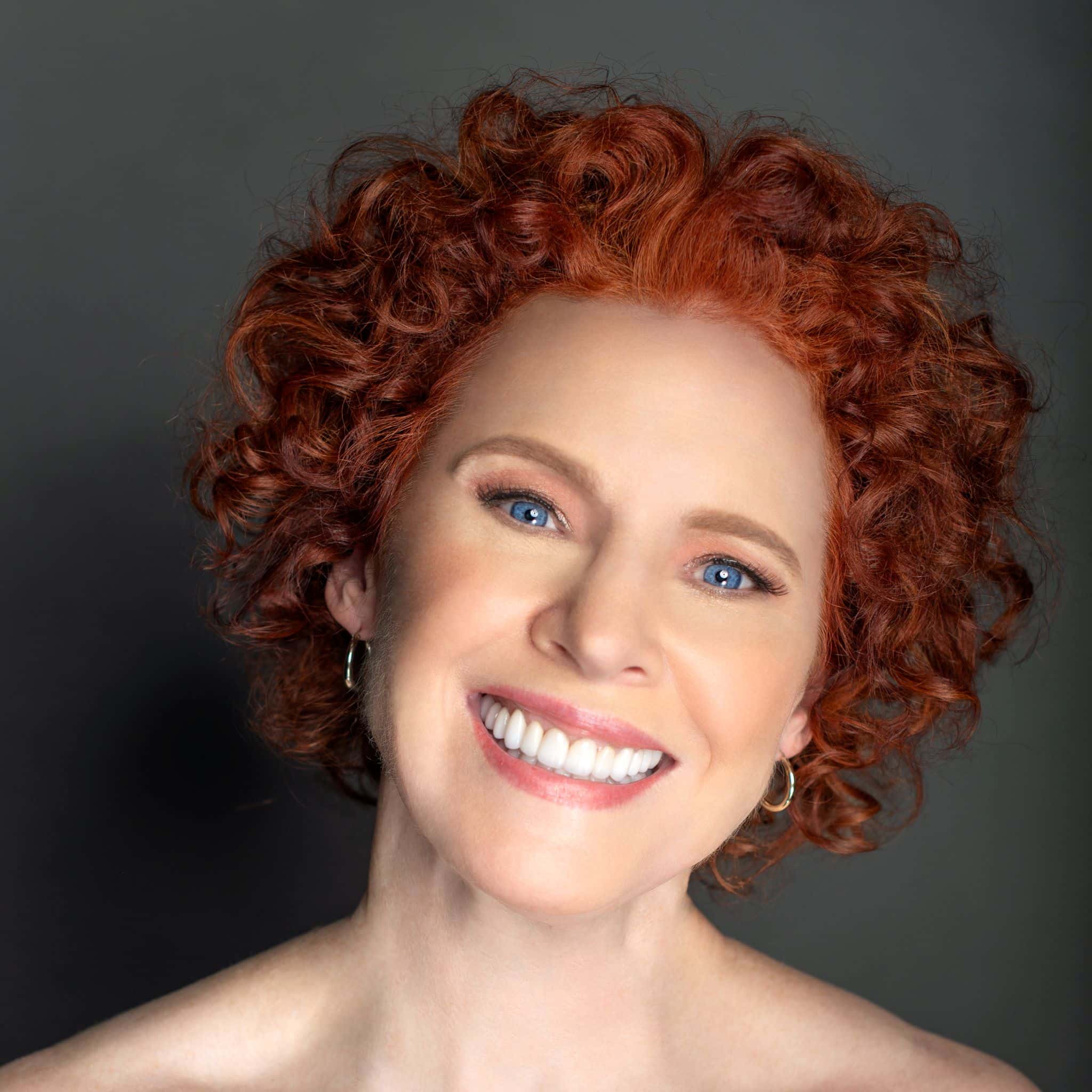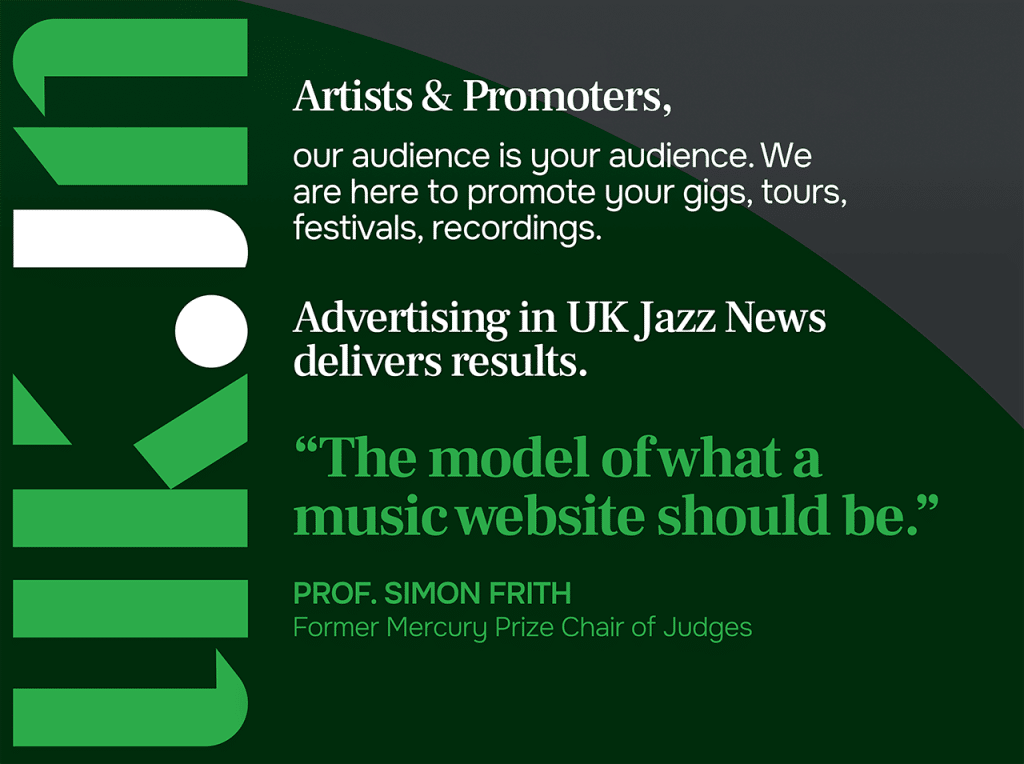American pianist-composer Lynne Arriale will be at Pizza Express Dean Street on 8 and 9 April, touring material from her captivating 17th album as a leader, Being Human (Challenge Records).
Featuring ten original compositions, Being Human celebrates positive aspects of humanity including passion, courage, love, persistence, heart, soul, curiosity, faith and joy. In his album review (link below) Bruce Lindsay writes of the “a recording that’s characterised by genuine, empathetic, human interaction,” and “immediately engaging positivity.”
Featuring bassist Alon Near and drummer Lukasz Zyta, the album explores life-affirming ideals whilst addressing a troubled, divided world. With an exquisite collection of optimistic, deeply felt compositions, Being Human is dedicated to people who’ve inspired Arriale, including climate activist Greta Thunberg, National Youth Poet Laureate Amanda Gorman and Nobel Laureate Malala Yousafzai.
UKJazz News: Being Human “focuses on qualities we all share that define our humanity.” How did you come to select the inspiring individuals to whom many of the tracks on “Being Human” are dedicated?
Lynne Arriale: After finishing the compositions, I thought about people who represent the human qualities that the tunes reflected. The dedications are to those who I feel have made a profoundly positive impact on our world and who embody the traits that inspired the music.
UKJN: Your trio includes international performers Alon Near on bass and Lukasz Zyta on drums,and makes a change in personnel from the three previous Challenge Records recordings. Would you like to tell us about your process in selecting these musicians?
LA: I have been so fortunate over the years to have performed and recorded with amazing musicians, such as the members of my previous trio, Jasper Somsen and E.J Strickland. The opportunity arose to play with Alon and Lukasz, and I knew we would have excellent chemistry.
UKJN: With an international band like this, was the album recorded in consecutive sessions? Where was it recorded?
LA: The album was recorded in New York at Samurai Hotel Recording Studio over two days.
UKJN: Your recent recordings are influenced by world events including Covid 19, the war in Ukraine and the worldwide immigration crisis. Do you see it as part of your mission, to help humanity process these events?
LA: We are living at a time when there is so much for all of us to process, it can feel overwhelming. I am a believer in the power of music to reach people on an emotional, intellectual, and spiritual level. My goal has always been to connect with people through music. If our music can help in even a small way; I’ll be happy. I wish I could do more to ease the pain and trauma that so many people are experiencing.
UKJN: Considering the challenging, global issues behind some of your material, your music comes across as persistently optimistic. What drives your positivity?
LA: I always want to deliver a positive feeling and message in my music. That doesn’t mean that I don’t struggle; I do. But I want to convey uplift and hope. At the end of the day, hope and positive energy is what keeps us going, even when we face tremendous adversity. And, everywhere around us, we witness people overcoming seemingly insurmountable obstacles and still staying positive. This doesn’t mean denying feelings of frustration and hopelessness. I think we need to allow ourselves to feel what we feel, but then, we have the power as human beings to shift gears, so to speak, and transform our energy into action and a positive frame of mind.
UKJN: Would you like to tell us a little bit about your writing process in general?
LA: I start with an idea, write it on manuscript paper and then come up with different options regarding what needs to come next. The opening phrase is extremely important, because I want to engage the listeners immediately. Sometimes I write many opening phrases, hoping to find one that I think will be a good beginning to the composition. This process is highly subjective, as there could be infinite possibilities for “what needs to come next.” From a craft perspective, I ask myself questions like “should the next phrase be a varied repetition of the original phrase or motive, or should it be a contrasting one?” I also work with harmonizing and re-harmonizing the melodies; there are unlimited possibilities for the harmonic structure of the piece. I think about if the melody tells a story and keeps my attention; and if there is organic variety in how the rhythm of the melody unfolds – and by that I mean just the rhythm, not including the notes.
UKJN: How did you start out? Was it always jazz? Have you always been a composer?
LA: I started playing at age 3 or 4 on a plastic toy piano. I heard songs off the radio and would play them by ear. I refused to take a nap unless music was playing. My mother would play songs from Broadway musicals. I remember the first tune I learned by ear was Moon River. I begged my parents to let me study, but they asked a local piano teacher, and she said I was too young, but I kept asking, and she took me on as a student. There was no jazz played in the home I grew up in. I did continue to play by ear, even though I was studying classical music. When I was 25 and finishing up my master’s degree with Rebecca Penneys at the Wisconsin Conservatory of Music, I was walking down the street, and I heard a voice in my mind saying “you should study jazz.” I took some lessons at the Conservatory, and my first teacher, Tony King, put Round Midnight in front of me and told me to play it and then make up new melodies. I said, “you’re kidding, I get to do that, is that jazz?” And he said, “that’s the beginning!” At that moment, my world changed, and I realized that I wanted to learn to play this music. I didn’t start composing til later, before my first recording in 1993. I started with two or three originals on that album and over the years have moved towards recording mostly my own original music.
UKJN: You are at the forefront of inspiring women in the jazz world. What is your take on gender in the industry?
LA: I am thrilled that there are so many amazing, successful jazz musicians who are women. I think we have a very long way to go, but there’s been great progress. At the end of the day, in my opinion, music is beyond gender and beyond categorization. Music has a life force all its own.
UKJN: Do you have any plans to come back to London?
LA: Yes, our group will be at Pizza Express on April 8-9, with Alon Near (bass) and Lukasz Zyta (drums). We are so looking forward to playing there again. I have very fond memories of performing at this wonderful jazz club over the years!
UKJN: With your impressive discography, is the next album’s inspiration for 2026 already in the works?
LA: Yes. I have just started work on it, and I’m hoping to do a lot of writing over the summer, because the next three months are very busy with touring. It takes time to find inspiration and have compositions unfold.
Lynne Arriale Trio will be at Pizza Express, Dean St, on 8th and 9th April 2024


